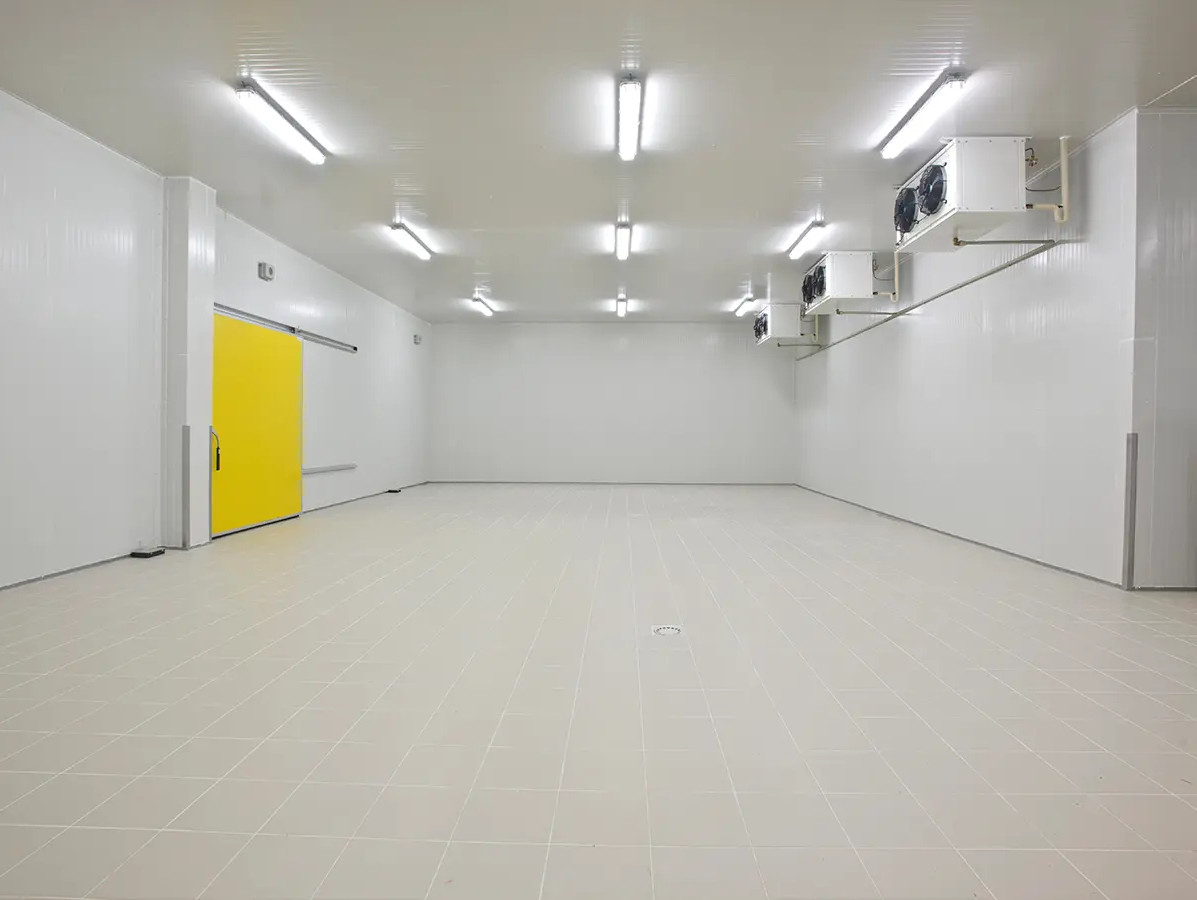
The Dutch cold storage sector is under significant pressure due to soaring energy and network costs. Industry association Nekovri has urged Minister Sophie Hermans (Climate and Green Growth) to step in and implement measures to safeguard the sector’s competitive position. Without action, the Netherlands risks losing its key role in the food and pharmaceutical supply chains.
“The Netherlands plays in the Champions League of cooling and freezing, but skyrocketing energy costs are pushing us toward relegation,” says Davey Gerlings, CEO of Nekovri. He warns that businesses and jobs may be lost to foreign competitors, along with the country's strategic position in food distribution and pharmaceutical storage.
The cold storage sector processes more than €95 billion worth of goods annually and handles 87% of the products found on Dutch tables every day. However, rising energy costs are making it increasingly difficult to remain competitive. While the European Commission is advocating for a 20% reduction in energy prices, PwC predicts that Dutch energy rates could surge by 200%.
Meanwhile, Germany and France have introduced lower energy taxes and network fees, following recommendations from the European Commission. This has led businesses to consider relocating. “A cold storage facility just across the border in Belgium or Germany benefits from significantly lower energy costs and better energy availability,” Gerlings notes.
Nekovri is urging the government to take three specific measures: a reduction in energy taxes, control over grid costs, and support for innovative energy solutions. Minister Hermans has been called upon to include these points in the upcoming Spring Budget.
During the March 20 parliamentary debate on industrial sustainability, concerns from the cold storage and freezing sector were clearly addressed. Members of Parliament from VVD, NSC and BBB explicitly referred to Nekovri’s appeal and stressed the importance of keeping the sector competitive compared to neighboring countries. Minister Hermans acknowledged the issue and indicated that adjustments to energy taxation and grid costs are under consideration. While no concrete commitments were made, the topic will be included in the further elaboration of the Spring Budget.
“Now is the time to make decisions and ensure our industry doesn’t disappear abroad,” Gerlings concludes.
Source: Nekovri